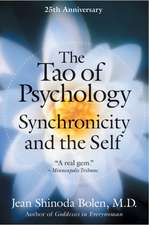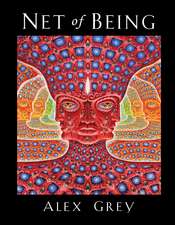Thus Spake Zarathustra
Autor Friedrich Wilhelm Nietzscheen Limba Engleză Hardback – 26 mar 2024
| Toate formatele și edițiile | Preț | Express |
|---|---|---|
| Paperback (12) | 60.10 lei 3-5 săpt. | |
| CreateSpace Independent Publishing Platform – | 60.10 lei 3-5 săpt. | |
| CREATESPACE – | 85.62 lei 3-5 săpt. | |
| Prometheus Books – 31 mar 1990 | 93.39 lei 3-5 săpt. | |
| – | 96.40 lei 3-5 săpt. | |
| CREATESPACE – | 107.01 lei 3-5 săpt. | |
| CREATESPACE – | 143.76 lei 3-5 săpt. | |
| – | 148.22 lei 3-5 săpt. | |
| COSIMO CLASSICS – 30 noi 2006 | 94.37 lei 6-8 săpt. | |
| CreateSpace Independent Publishing Platform – dec 2015 | 109.55 lei 6-8 săpt. | |
| CreateSpace Independent Publishing Platform – dec 2015 | 109.55 lei 6-8 săpt. | |
| Echo Library – 31 iul 2009 | 145.02 lei 39-44 zile | |
| Theophania Publishing – | 158.03 lei 6-8 săpt. | |
| Hardback (3) | 169.68 lei 6-8 săpt. | |
| Ancient Wisdom Publications – 8 noi 2015 | 169.68 lei 6-8 săpt. | |
| COSIMO CLASSICS – 30 iun 2010 | 203.90 lei 6-8 săpt. | |
| Start Classics – 26 mar 2024 | 237.06 lei 39-44 zile |
Preț: 237.06 lei
Nou
Puncte Express: 356
Preț estimativ în valută:
45.36€ • 47.49$ • 37.62£
45.36€ • 47.49$ • 37.62£
Carte tipărită la comandă
Livrare economică 07-12 aprilie
Preluare comenzi: 021 569.72.76
Specificații
ISBN-13: 9798880923717
Pagini: 252
Dimensiuni: 157 x 235 x 19 mm
Greutate: 0.57 kg
Editura: Start Classics
Pagini: 252
Dimensiuni: 157 x 235 x 19 mm
Greutate: 0.57 kg
Editura: Start Classics
Notă biografică
Friedrich Nietzsche, (born October 15, 1844, Röcken, Saxony, Prussia [Germany]-died August 25, 1900, Weimar, Thuringian States), German classical scholar, philosopher, and critic of culture, who became one of the most influential of all modern thinkers. His attempts to unmask the motives that underlie traditional Western religion, morality, and philosophy deeply affected generations of theologians, philosophers, psychologists, poets, novelists, and playwrights. He thought through the consequences of the triumph of the Enlightenment's secularism, expressed in his observation that "God is dead," in a way that determined the agenda for many of Europe's most-celebrated intellectuals after his death. Although he was an ardent foe of nationalism, anti-Semitism, and power politics, his name was later invoked by fascists to advance the very things he loathed.












